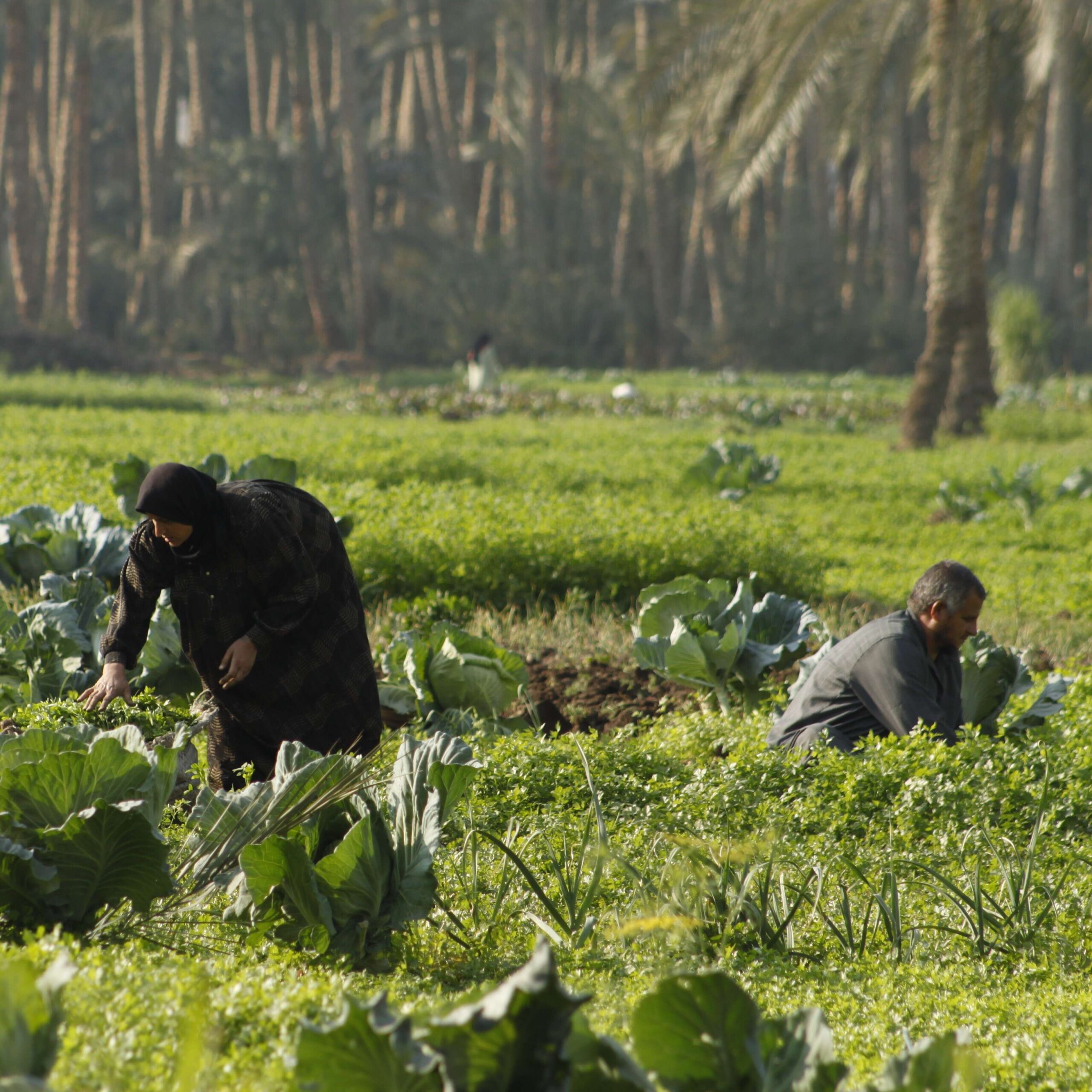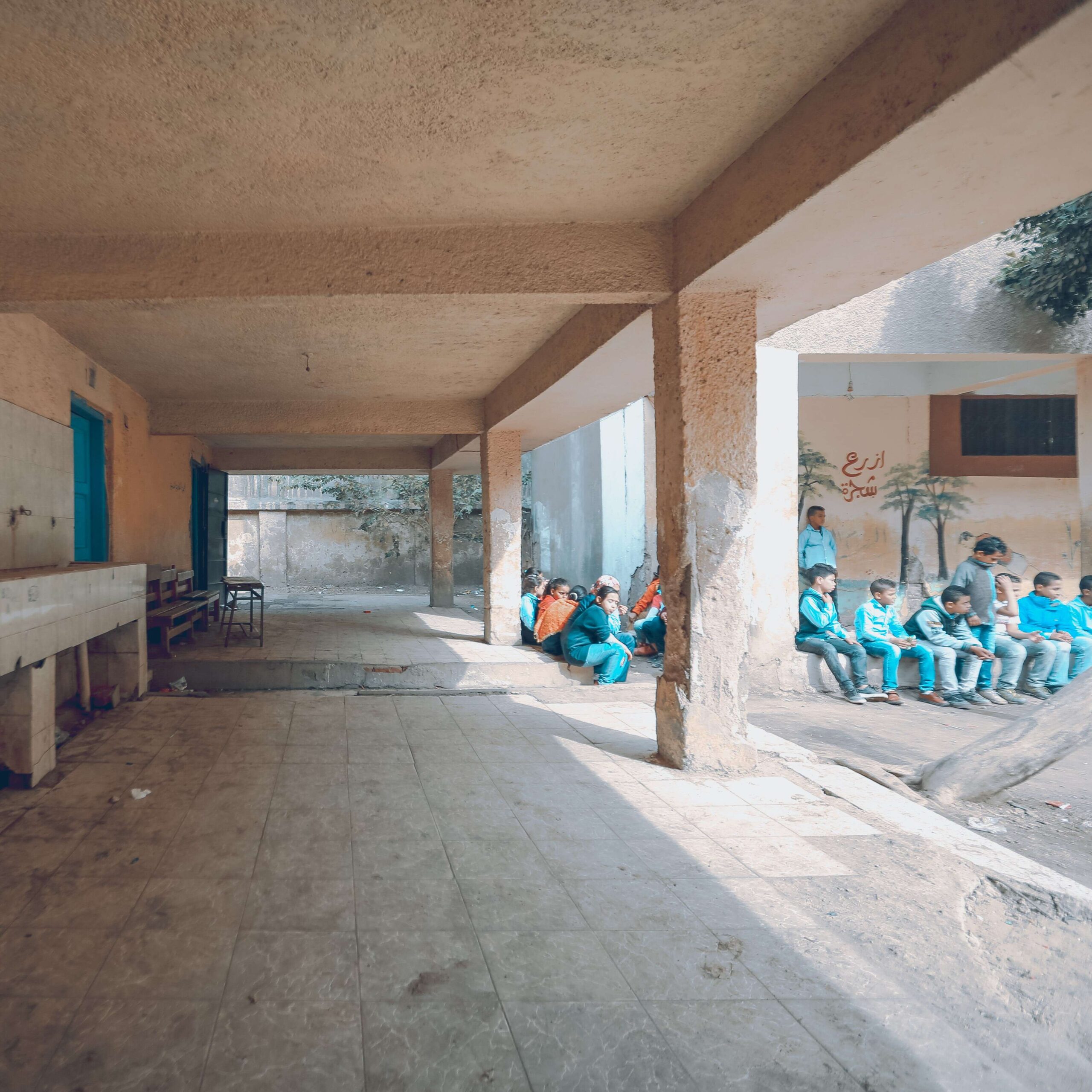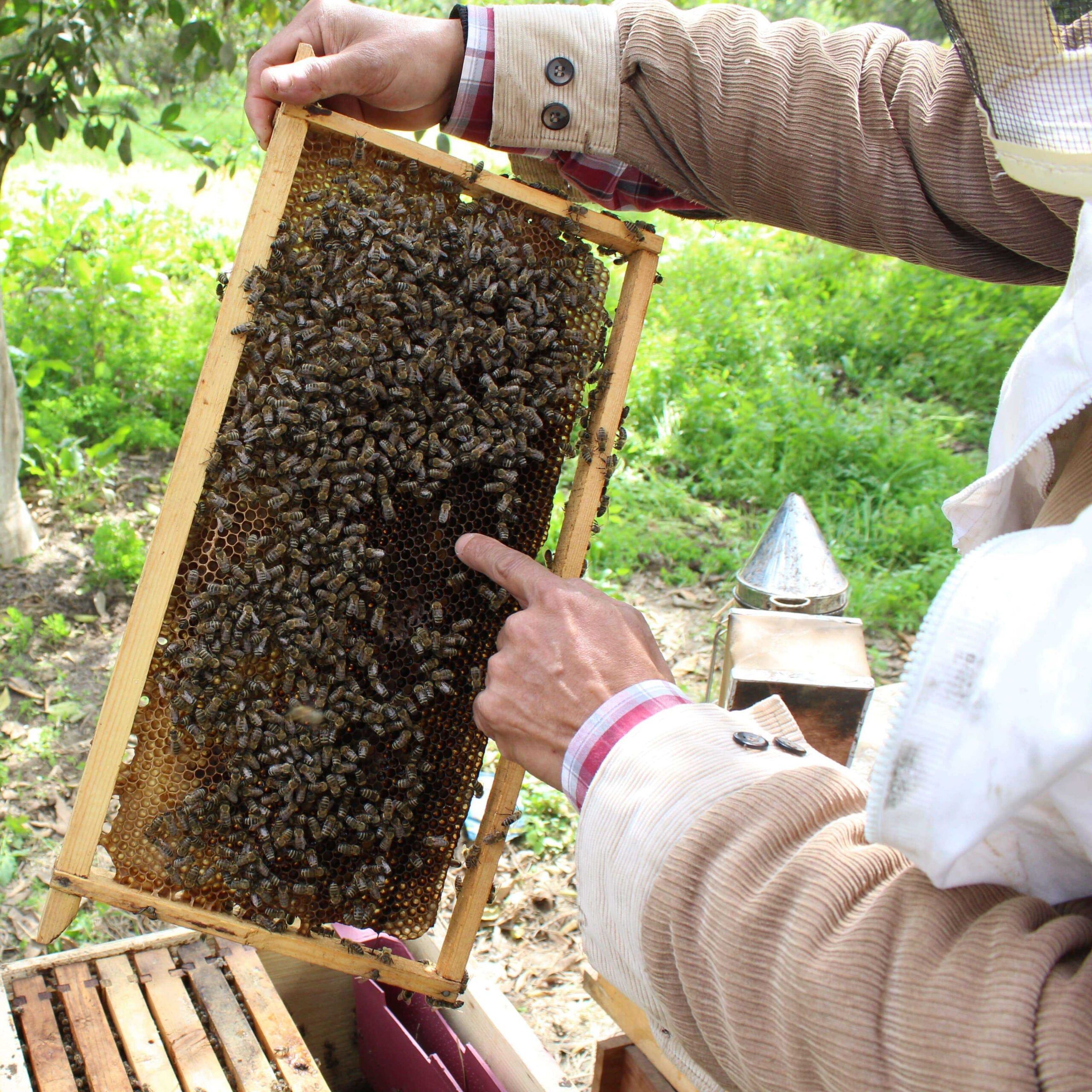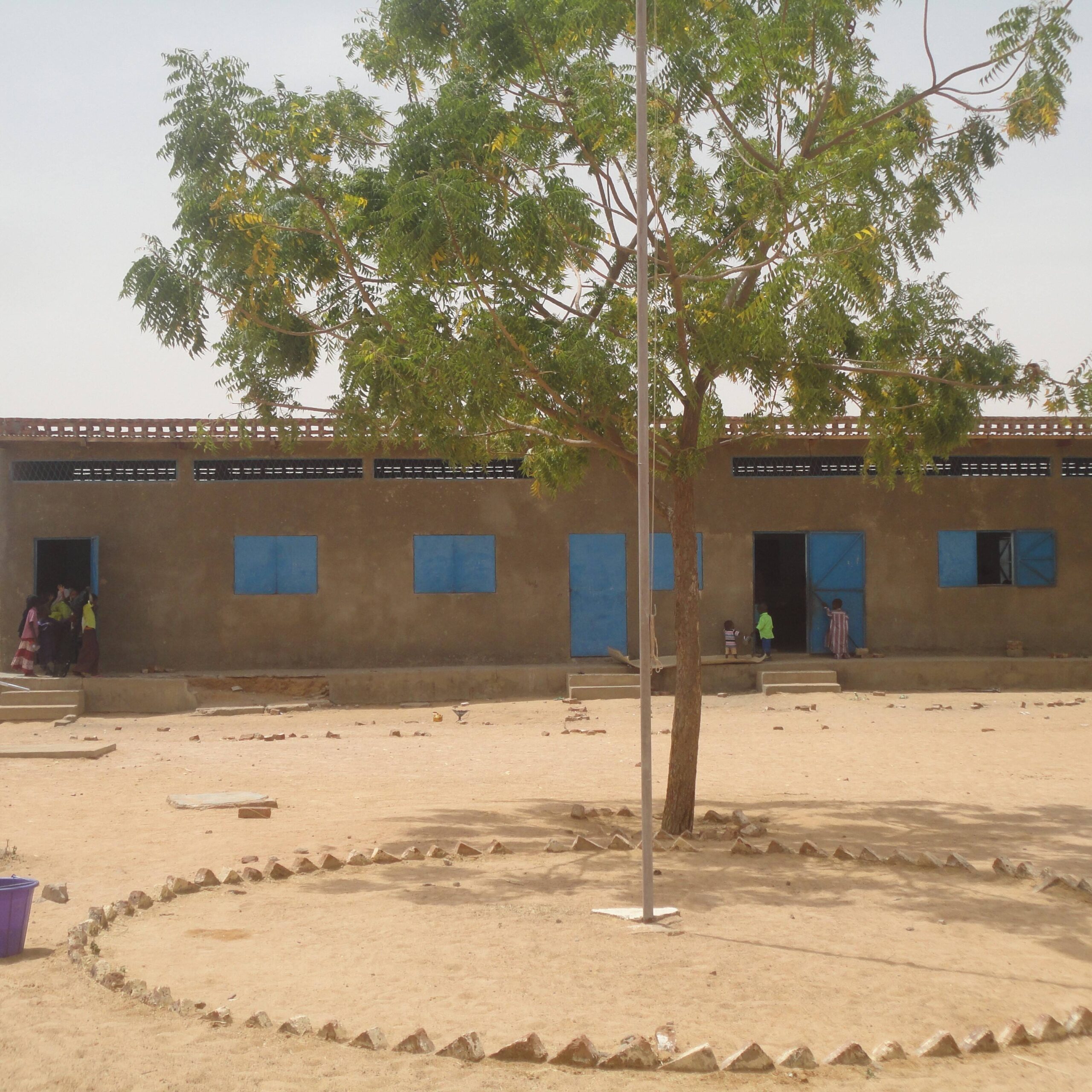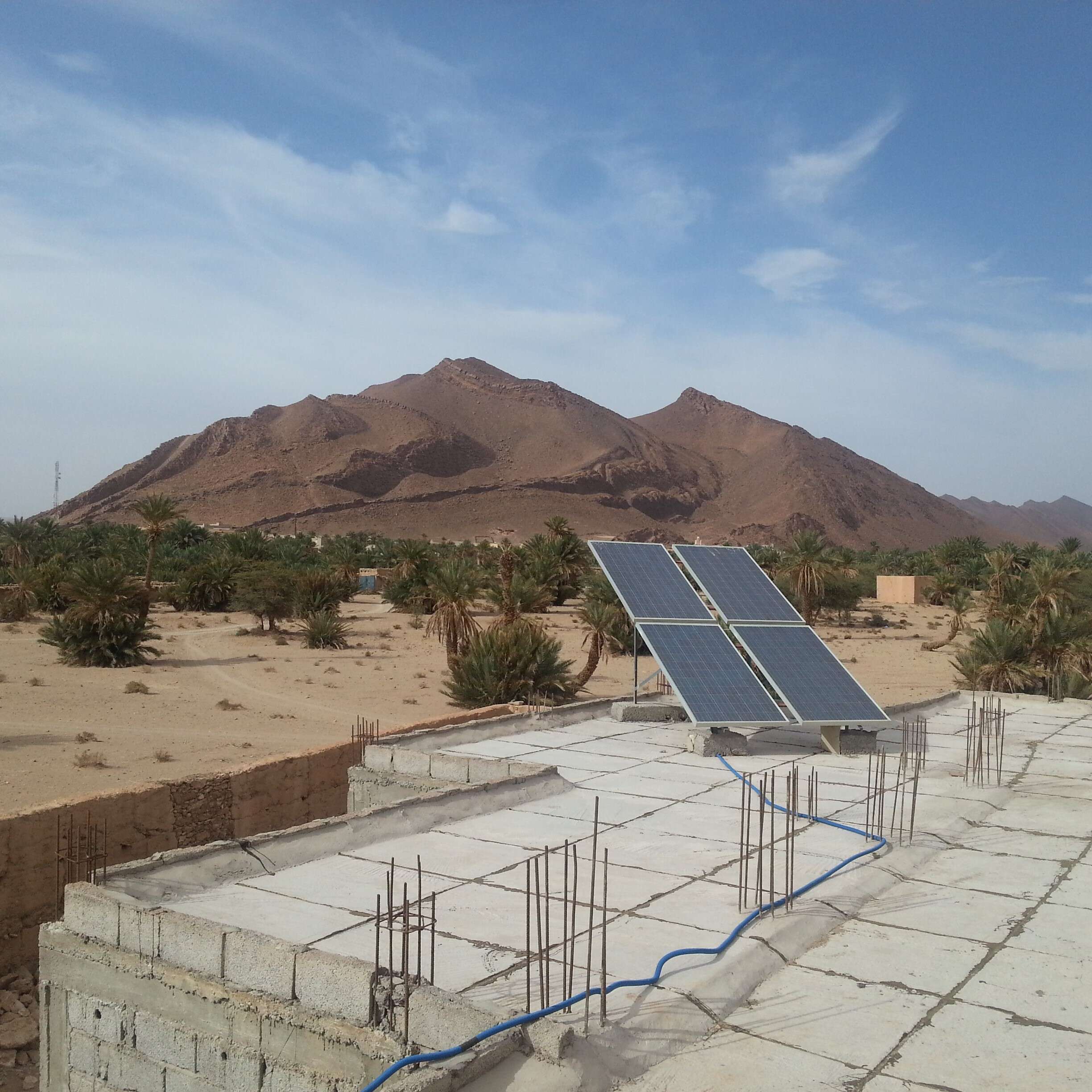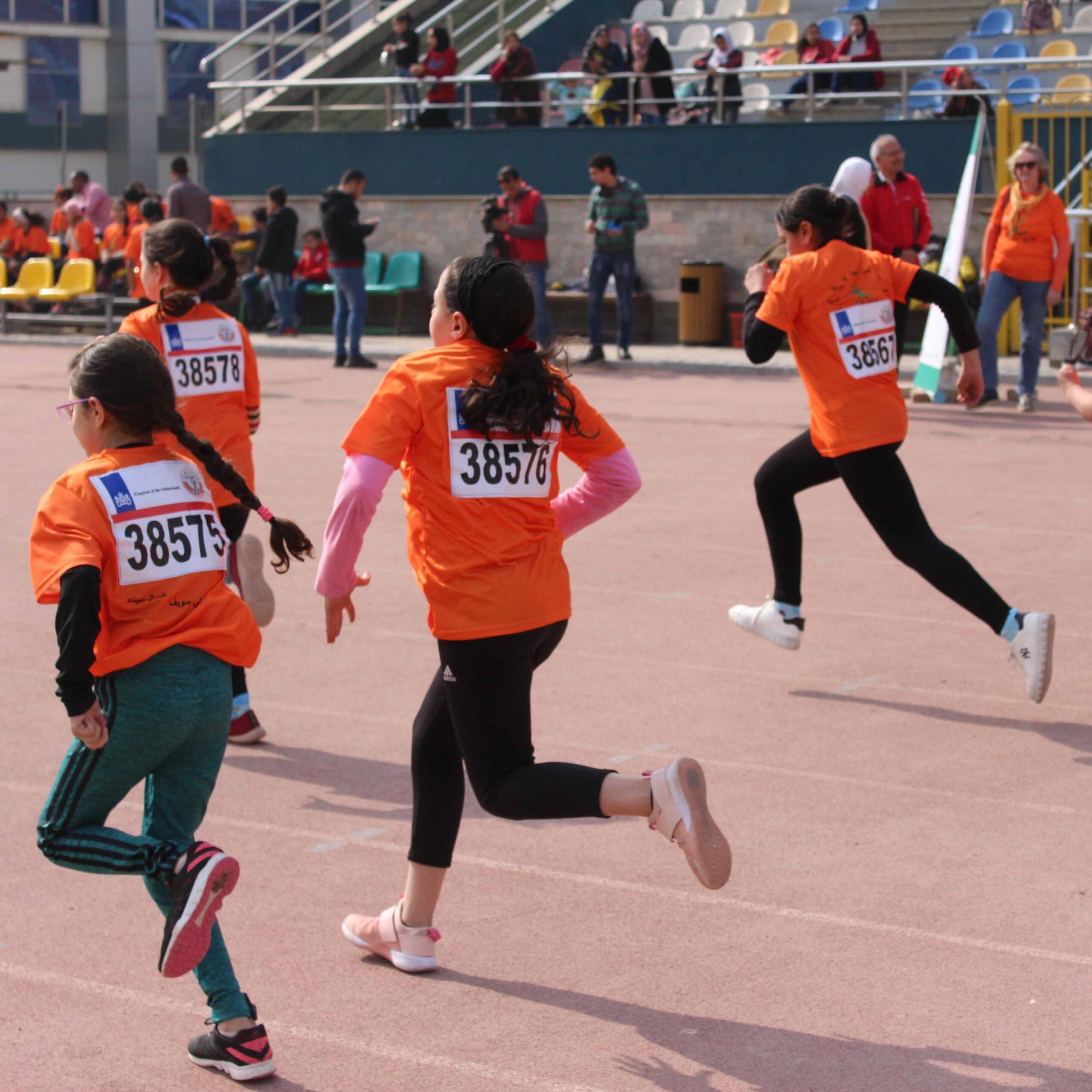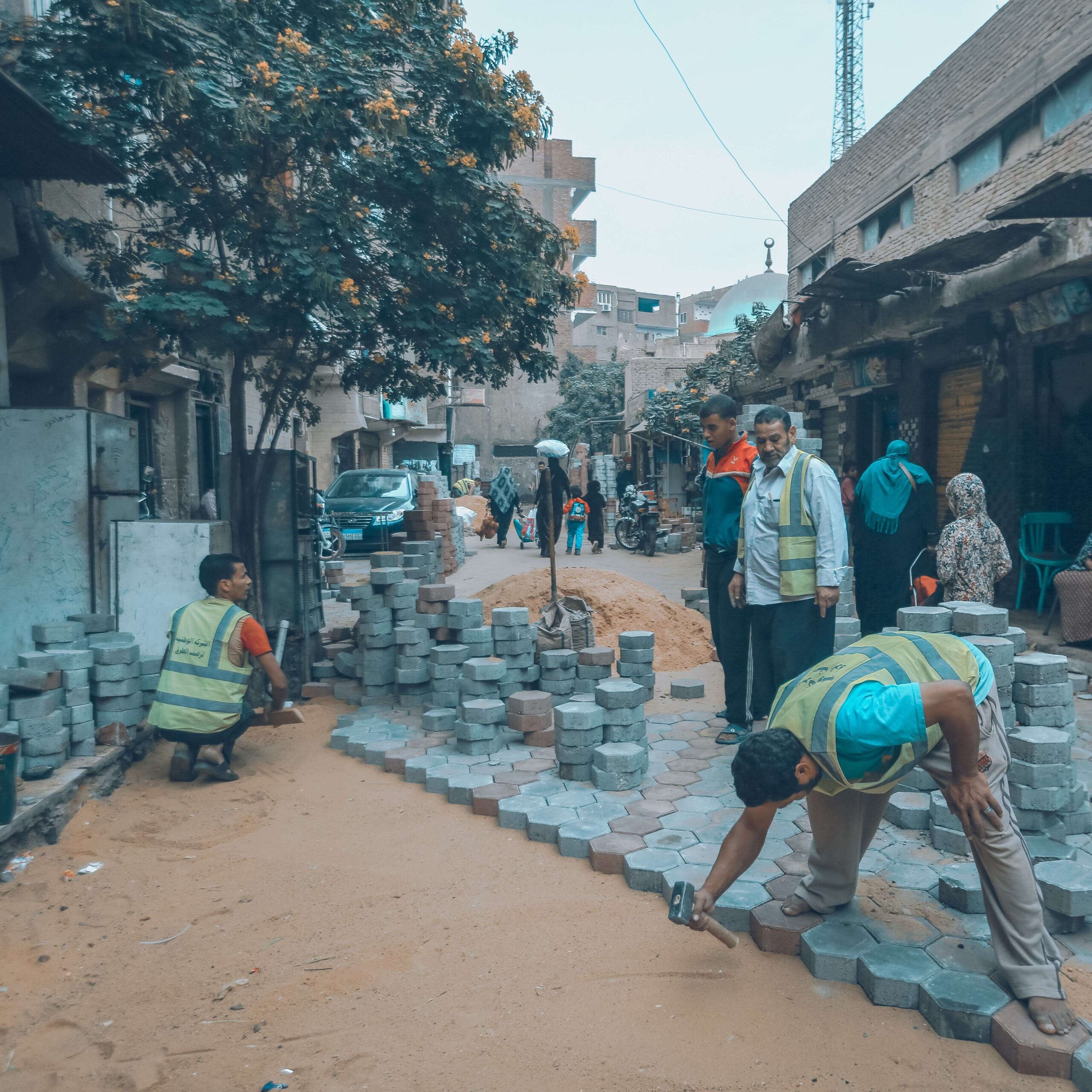SECTORS
Agriculture & Rural Development
NSCE focuses on agricultural value chain analyses, agricultural extension and capacity building of smallholder farmers on climate-smart agriculture & good agricultural practices. The Farmer Field School (FFS) approach, on-site/on-the-job learning, and demo sites are put forward as key learning approaches. In addition, NSCE has a portfolio of promoting innovative and inclusive rural economies.
Education
NSCE takes on job creation through linking Technical & Vocational Education (TVET) to the labour market. To strengthen the employability of vulnerable populations such as youth and women, low-skilled workers, and the unemployed, NSCE is dedicated to bridge the transition from the education system into the labour market (LM).
Environment & Climate Change
Through the promotion of Integrated Natural Resources Management (INRM) and localised climate mitigation and adaptation solutions, NSCE aims to advance natural resource use efficiency and climate resilience. Climate change and environment are also crosscutting issues across the NSCE sectors.
Food Security
To achieve zero hunger, we look at how different elements of food systems such as nutrition, food, health, livelihoods, community development, and agriculture are connected to the potential for resilience of the most affected vulnerable populations.
Gender & Youth
“It is impossible to integrate gender equality into projects or activities without clearly understanding gender issues within the targeted population”. Portfolio-wide or Sector-Specific gender analyses, gender country profiles, gender impact assessments, gender action plans and gender results frameworks are key to closing the gender data gap, paving the way for Gender Transformative Change (GTC), and integrating gender into development projects.
Governance
NSCE conducts training, research, and evaluations on holistic governance models and frameworks as a tool to strengthen organisational and institutional capacity with a focus on good and inclusive local, environmental, agricultural, urban, education, and migration governance.
Green Finance & Sustainable Finance
Access to Finance (A2F), Financial Inclusion, Microfinance, and Green Investment Promotion for MSMEs are key intervention areas of NSCE in the sector. Besides its long-term technical assistance for Green Facilities, NSCE has a track record of Market Feasibility Studies, Diagnostic Studies, and capacity building projects.
Inclusive Economic Growth
MSMEs, Entrepreneurship, Employment, and Economic Inclusion are the cornerstones of NSCE economic development projects with a focus on agribusiness and handicrafts. Economic empowerment at NSCE consists of a package of capacity-building and training activities on employability skills and entrepreneurship backed by evidence-based knowledge products, public-private partnerships (PPP), and access to finance (A2F).
Migration
NSCE engages in the programmatic areas of right-based migration governance systems and access to finance (A2F) for forcibly displaced persons (FDPs), migrants, and refugees. Capacity building of Global South countries through a whole-of-government and whole-of-society approach is not merely interventive or responsive to illegal migration but allows for preventive actions by promoting legal migration pathways.
Renewable Energy & Energy Efficiency
Through technical assistance, capacity building, and awareness-raising, NSCE facilitates the adoption of renewable energy (RE) and energy-efficient (EE) solutions by MSMEs/startups. High-performance smart technologies are drivers of both MSMEs technical and business development, increasing competitiveness while reducing operation costs. Key hereby is accelerating MSME’s access to finance (A2F) through green technology investments.
Urban Development
From action research and feasibility studies to technical assistance on urban upgrading projects, NSCE foregrounds local actions, co-production, and the participatory approach to bolster urban resilience and development. This approach recognises that the built environment of cities in the Global South is co-produced by urban dwellers themselves. Therefore, they represent key actors in informing resilient urban solutions.
Water, Sanitation & Waste
Reviewing the Integrated Water Resources Management (IWRM) paradigm at the policy level is a key research area of NSCE to advance water use efficiency and water-saving practices. As for water-, sanitation- and waste-related infrastructure projects, NSCE is your consultant for capacity building, stakeholder engagement, community mobilisation, PPPs, visibility & communication.


